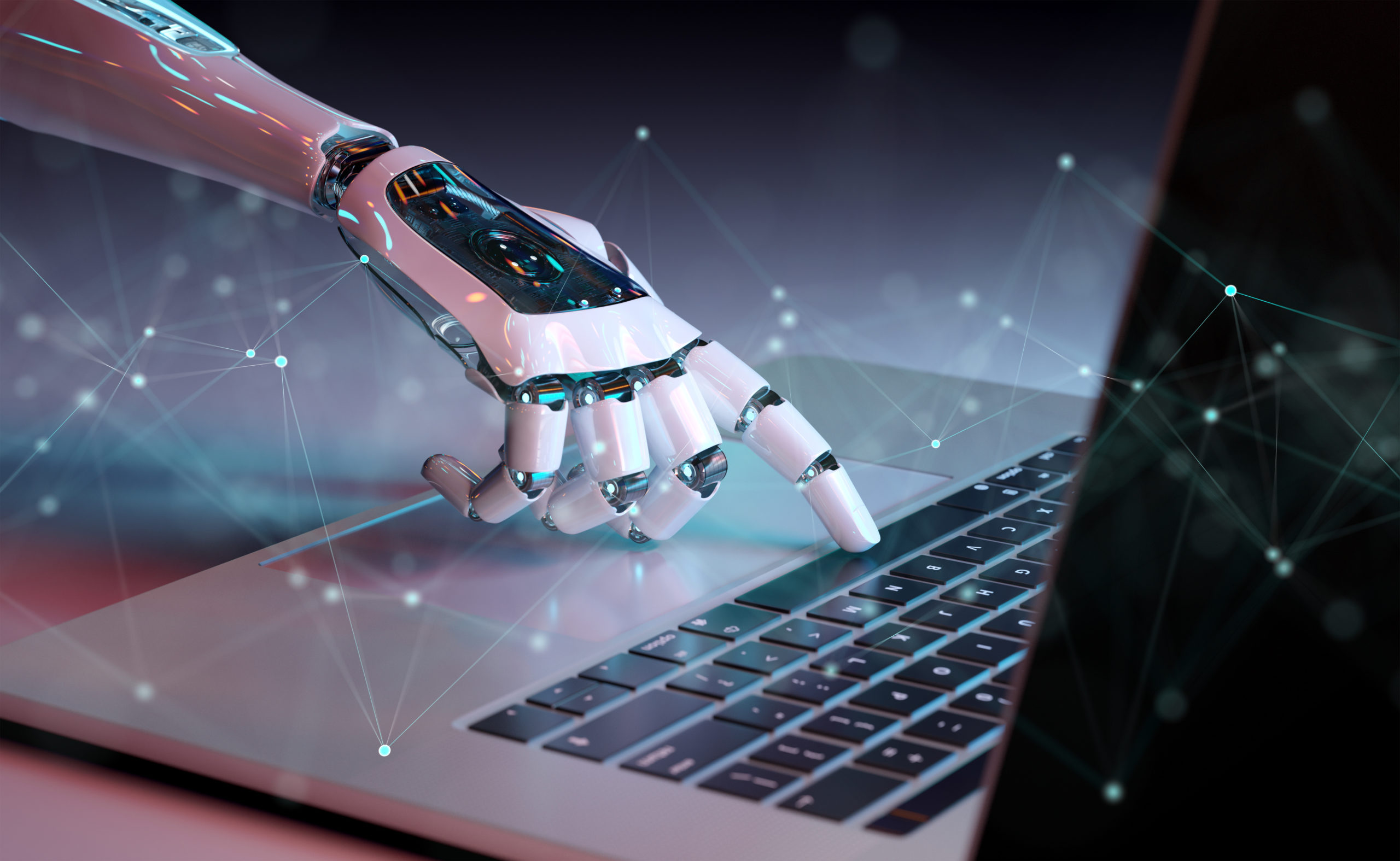As an industry observer, I’ve watched the development of artificial intelligence (AI) with fascination. While the technology itself is developing at a breakneck pace and offers plenty of opportunity for analysis and prediction, it is the evolving industry reaction that I find most interesting.
AI certainly isn’t new. But until very recently it was primarily the purview of theoretical scientists and science fiction writers. It is only within the last few years that AI, in even modest forms, has encroached upon our everyday reality. As it has gone from fantasy to the first inklings of reality — and that has begun to sink in — the reaction has been instructive.
Most of us met the very first real-world and practical realizations of anything remotely AI-ish with wonder and excited anticipation. But as always seems to be the case with technologies, anything that generates wonder and excitement also results in marketing hype. And AI has seen this phenomenon play out in spades.
As AI has picked up industry momentum, nearly every technology vendor on the planet has predictably claimed some connection with AI or any of is related approaches, machine learning chief among them. All of this hype, it would seem, is creating a backlash amongst technology professionals.
In discussion groups, twitter chats and around the proverbial water cooler, many of those people who should be in the best position to understand and embrace this technology are instead discounting it as nothing more than marketing hype.
Some of this pushback, of course, is justified. In the world of hyped-up buzzwords, marketers haphazardly use AI across domains to peddle everything from multi-million-dollar consulting engagements to earbuds — and everything in between.
Still, while a healthy dose of skepticism may be useful and warranted, this undercurrent seems to be something more. It seems to be an attack on the credibility of the technology itself — positioning it as mere smoke and mirrors, marketing hype run amok, and perhaps the most perplexing: just the same old things that we have done before.
For those enterprise leaders leading their organizations into the digital future, this pushback sets up a critical question. Is all of this talk about AI just hyped-up fluff? Or is this technology the real deal — something that will reshape the workforce of tomorrow and change everything about how organizations work?
Can You Reduce It to an Algorithm?
As industry analysts, we are privileged to have some of the newest and most cutting-edge technology companies brief us and give us an in-depth look at their technology. And there is just no question that AI-powered solutions are very real and will have a significant impact on nearly every aspect of an enterprise’s operations.
Here’s the simple fact that every enterprise leader must come to terms with: in the relatively near future, if we can reduce it to an algorithm, we will use some form of AI to automate it.
We can (and should) debate the timing of AI’s development, understand the difference between Artificial General Intelligence (still pretty far off) and Artificial Narrow Intelligence (what we’re discussing here), how it will impact industries and job functions differently, and the organizational, cultural, and societal implications of the changes it will bring.
While important, however, none of these innovations changes the fact that we are on a pathway — one that started decades ago — that will lead to a within-our-lifetime future in which organizations will use machines to handle any process or activity that they can deconstruct into an algorithm.
Perform a thought exercise and go through the day-to-day activities of almost any job function in the modern enterprise and ask yourself how much of it you can reduce to an algorithm. The reality is that we can deconstruct a significant portion of almost every enterprise role today in this fashion. It may be complex, but it will nonetheless be a repeatable and predictable algorithm.
Process-focused professionals have known this fact for a long time. But the resource intensity of manually discovering and decoding complex processes and workflows to automate them was virtually impossible. This is the hard problem that AI solves.
As the technology continues to evolve and improve such that it can discover and handle complex algorithms without anyone having to discretely program for each potential scenario, it will unequivocally become simpler, cheaper and more effective for enterprises to use AI-based systems for these tasks.
Your AI-powered Future
Accepting the impact of AI on your future and the future of your organization is the first and most essential step. While I’m not advocating that you trust every wild AI-laden claim as truth, as an enterprise leader, you must reorient your viewpoint as it relates to AI and AI-powered technologies.
While you must always be on-guard against hyperbole and marketing hype, you must also try to temper your skepticism and, instead, continually assess the organizational, structural and cultural implications of any AI-based technology you evaluate.
Those implications will be far-reaching and require you to take a hard look at almost everything that defines how you and your organization currently operate. Moreover, you will need to take deliberate steps to overcome organizational inertia and begin preparing yourself, your teams and your organization in earnest.
The specifics of this deliberate approach are more than I can cover in this piece, but there are three broad areas which you must address:
Capabilities & Timing: AI is not a single technology, nor is it even a single approach. AI is instead a broad category that includes everything from Natural Language Processing (NLP) and Machine Learning to the probable eventuality of Artificial General Intelligence, in which machines have context-independent, human-like reasoning capabilities.
You need to educate yourself on the various forms of AI, how each may impact your industry and business and make your own estimation about the impact horizon for each. Your ability to anticipate when AI technologies will have developed sufficiently to have a significant impact on your organization — and how it will do so — will be a competitive advantage.
Advantage: Understanding the evolution of AI capabilities and anticipating when they will have an impact will create competitive advantage for your organization. But it will be short-lived unless you can also anticipate how your organization can use AI to directly create this advantage.
In its most simplistic forms, AI will merely replace workers who are doing routine tasks, which will generate cost savings and efficiencies, but ones which your competitors will also easily and readily replicate.
The real power of AI will be more strategic: the ability to leverage it to either extend your organization’s current competitive advantage in some way, or in the ability to create new competitive advantage from it.
Your Workforce: As this AI-powered transformation of the enterprise takes root, there will be a dramatic shift in the nature of your workforce. You must prepare for this transformation by reviewing everything from your training programs, to your organizational structure, to your HR policies.
As systems take over most of the process and algorithmically-focused tasks, you will need to reallocate your human staff to those functions that machines cannot do: tasks that require creativity, imagination, and empathy. Your ability to restructure your organization to accommodate this new way of working will also be an organizational advantage.
My Take
Enterprise leaders must come to grips with the AI question, and they must do so quickly, because unlike most any technology that has come before it, the implications of AI on the enterprise are foundational.
If AI isn’t smoke and mirrors, it will dramatically impact everything from an organization’s business model, to how it executes core business processes, to the very nature of what it means to work in the enterprise.
The development of AI is, unquestionably, in its early days. But the discussion group chats claiming that there’s nothing special about this demonstrate either raw denial or naiveté.
If you’re an enterprise leader you need to forget the hand-wringing, stop dismissing this trend and begin taking action to prepare your organization now.
Tag/s:Artificial IntelligenceFuture of Work





